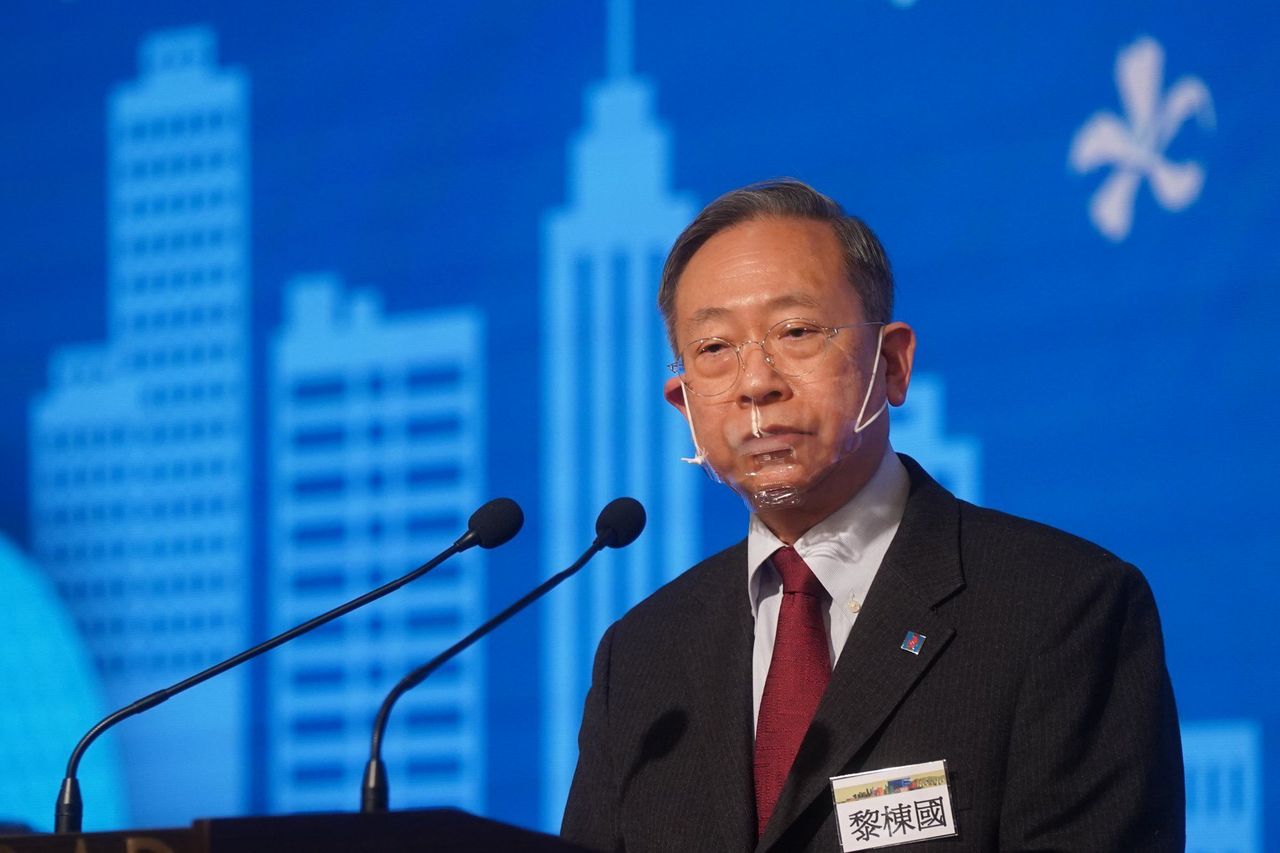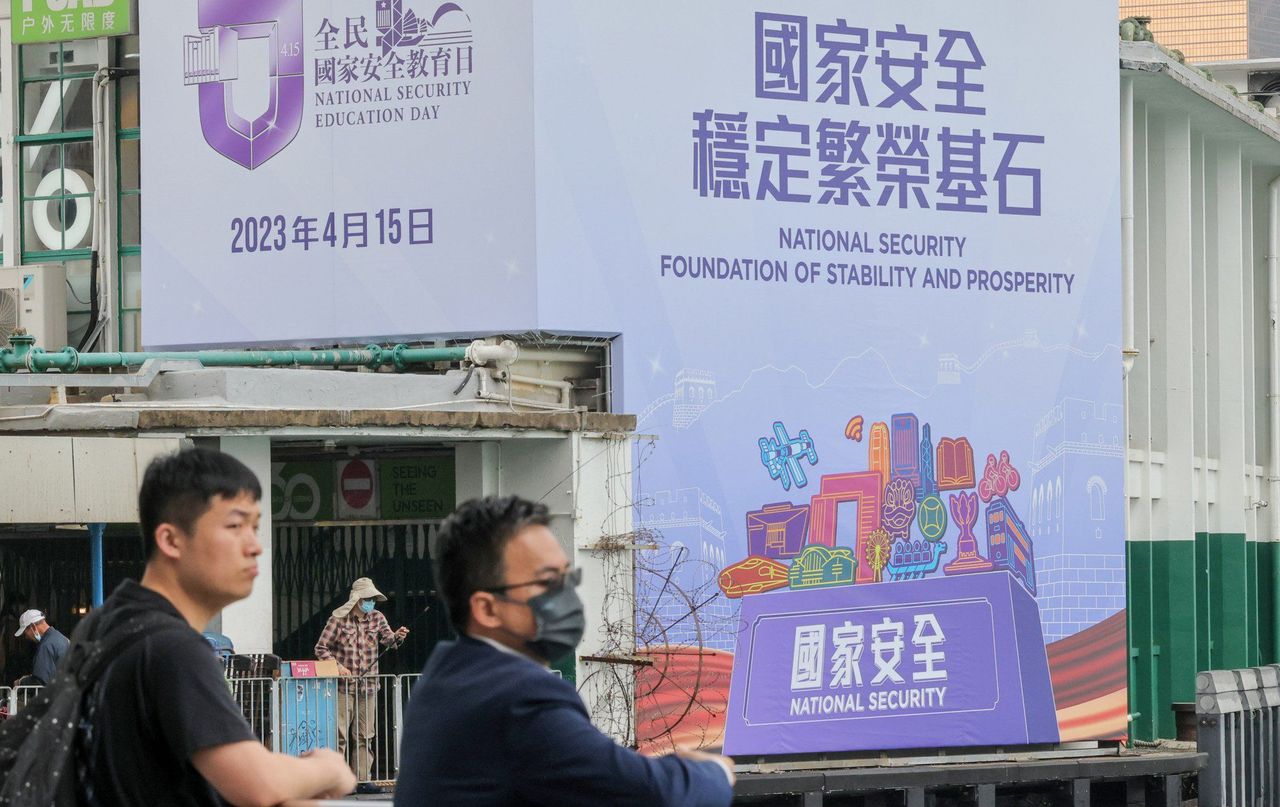Hong Kong News

Hong Kong lawmaker queries using government cash for national security education
About HK$11.2 million (US$1.4 million) of Hong Kong taxpayers’ cash was last year spent to boost the city’s alignment with mainland China, HK$3.5 million more than in 2020, when the Beijing-imposed national security law came into force.
But a lawmaker said more questions had to be asked on how “indirect” activities could help boost knowledge of national security.
Lai Tung-kwok, a former security minister, was speaking after the government revealed part of the money was given to community groups for activities, including talent shows, special interest classes for women, colouring and quiz competitions, and gardening workshops in a bid to promote national identity and awareness of the security legislation.
The government said on Tuesday: “The Home and Youth Affairs Bureau has been working closely with the Committee on the Promotion of Civic Education [CPCE] to promote civic and national education outside schools and in the community through various channels and diversified means, including providing sponsorship to eligible organisations for organising civic and national education activities.”
 Lawmaker Lai Tung-kwok is a former security minister.
Lawmaker Lai Tung-kwok is a former security minister.
The figure allocated to national identity and national security law education this year is HK$12.6 million.
The news came in a written reply to a lawmaker who brought up questions about the budget for the promotion of national security.
New People’s Party lawmaker Lai, who raised the questions with the government, told the Post that some of the groups had “seemingly used indirect ways” to boost national education knowledge and national security education.
“I think we lawmakers need to ask more from the government before commenting further,” he said. “We need to ask how the activities were actually held to fulfil its aims.”
The bureau estimated that HK$11.2 million was spent in the previous financial year to promote national education outside schools and among the public.
The allocated budget was a major increase on the HK$7.7 million in 2020-21 and HK$6.8 million in 2021-22, where spending declined because of the impact of the coronavirus.
A total of 74 activities, subsidised by the community participation scheme run by the CPCE, were organised between 2019 and 2022.
Each organisation involved got between HK$60,000 and HK$300,000 in government funds.
More than 40 groups launched various activities to boost national education among Hong Kong residents after national security was identified as a major priority for 2021-22.
 A National Security Education Day advertisement in Tsim Sha Tsui.
A National Security Education Day advertisement in Tsim Sha Tsui.
One of the activities, which got about HK$240,000, was organised by a district committee under the Kowloon Federation of Associations, an umbrella organisation for 200 Beijing loyalist groups.
The scheme was said to help young people understand the city’s mini-constitution, the Basic Law, through training camps, online quiz competitions, short videos and photo contests, gardening and potting workshops and visits to the elderly.
The Kowloon City Youths Association, which was allocated HK$130,000, said its scheme included talent shows and orienteering competitions to boost the understanding of the Basic Law and civic responsibility.
The Hong Kong Federation of Trade Unions’ Employment Development Service was given almost HK$120,000.
The service said activities to boost national security knowledge included interest and training classes, competitions and community activities to help women understand the Basic Law and the “one country, two systems” governing principle.
Kowloon West Community Harmony And Solidarity Services Centre, which secured almost HK$60,000 in funding, said its activities included a colouring competition for face mask envelopes, a slogan contest and a film screening to help recent migrants from the mainland better understand Hong Kong law and the national security legislation.
Other groups held similar activities, as well as meet-the-lawmakers sessions to improve understanding of national and city legislation.
A meeting to discuss the bureau’s expenditure will be held on Wednesday.











